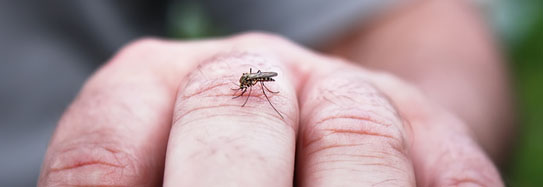Malaria is a life-threatening disease that affects millions of people. The World Health Organization (WHO) reported that there were 229 million cases of reported malaria worldwide in 2019, and over 400,000 people died. Those who died of malaria were mostly children in Africa.
Malaria is a parasitic disease, spread by infected mosquitoes. There are four types of malaria, but Plasmodium falciparum(P.falciparum) is the most deadly. The other types are P. vivax, P. malariae, and P. ovale. Although malaria is most frequently found in many countries and territories in sub-Saharan Africa, Asia, Latin America, and the Middle East, it also affects people in Europe and the United States. In 2023, the Centers for Disease Control and Prevention (CDC) reported several cases of “locally acquired” malaria, which means it was not contracted elsewhere by a traveler and diagnosed when they returned home.
People who contract malaria are at risk of developing sepsis.
Sepsis is a life-threatening emergency that happens when your body’s response to an infection damages vital organs and, often, causes death. Like strokes or heart attacks, sepsis is a medical emergency that requires rapid diagnosis and treatment.
Suggested Citation:
Sepsis Alliance. Sepsis and Malaria. 2024. https://www.sepsis.org/sepsisand/malaria/
Updated February 16, 2025.


































